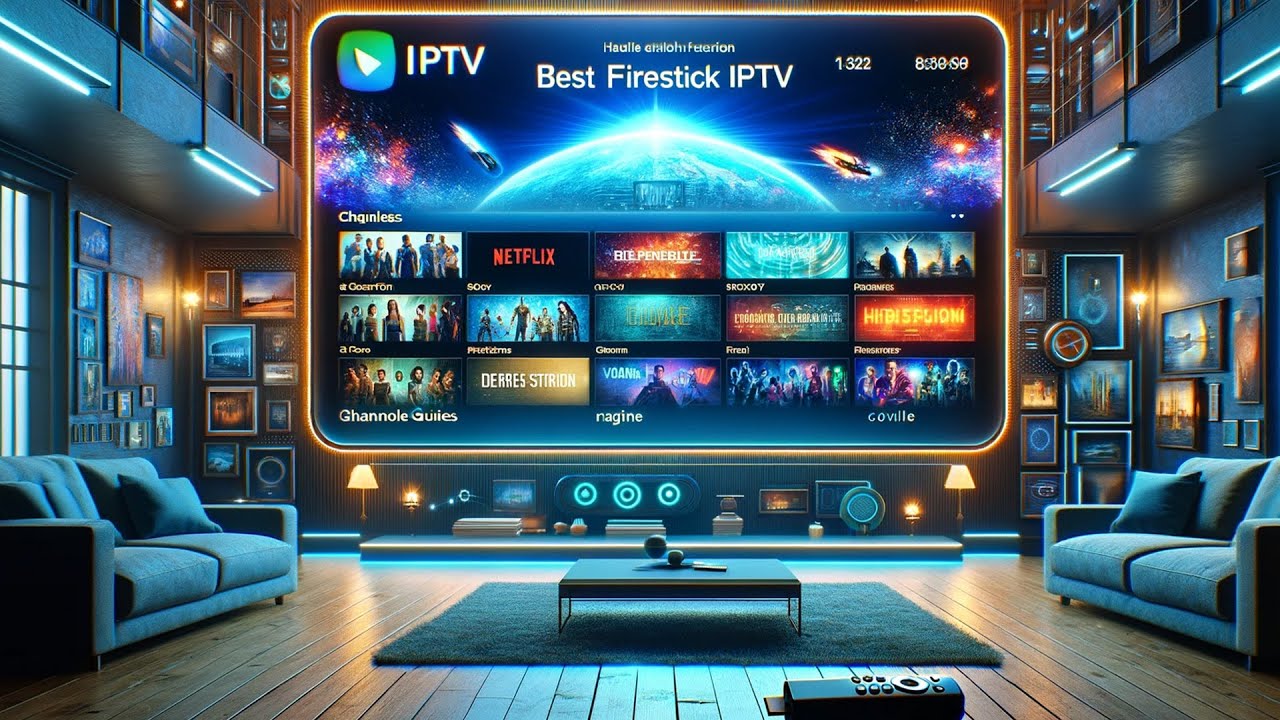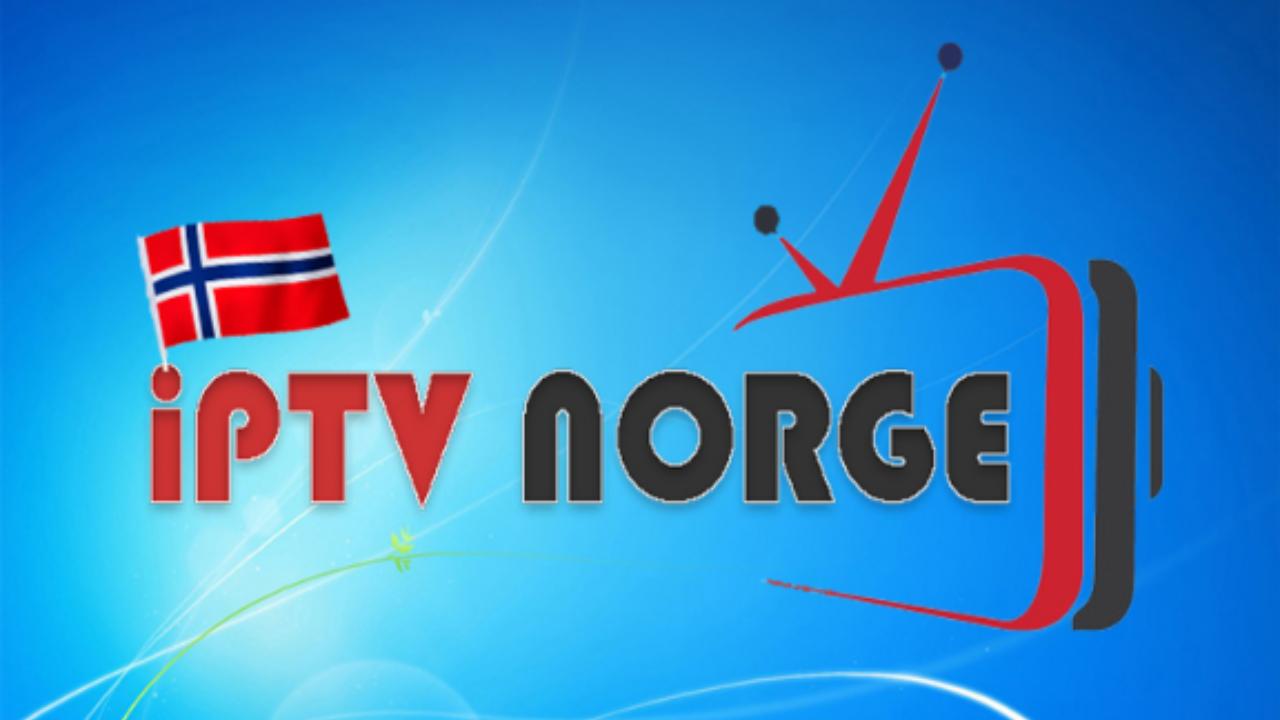How to Fix Buffering Issues with IPTV in the Nordic IPTV Region
Nordic IPTV(Internet Protocol Television) has become a popular choice for streaming live TV, movies, and on-demand content across the Nordic countries—Sweden, Norway, Denmark, Finland, and Iceland. However, users often encounter buffering issues, which can be incredibly frustrating. Buffering can disrupt the viewing experience and make even the best Nordic IPTV service seem unreliable. This guide will help you understand the root causes of buffering and offer practical solutions tailored specifically to users in the Nordic IPTV region.

1. What Is Buffering and Why Does It Happen?
Buffering occurs when your Nordic IPTV stream pauses to load data. This delay usually happens when the streaming data is not downloading fast enough to keep up with playback. The most common reasons include:
- Slow or unstable internet connection
- Overloaded Nordic IPTV servers
- Incorrect Nordic IPTV settings
- ISP (Internet Service Provider) throttling
- Hardware limitations
- Network congestion, especially during peak hours
Understanding why buffering happens is the first step in fixing it.
2. Check Your Internet Speed and Stability
The most common culprit behind buffering issues is insufficient internet speed.
Recommended Speeds:
- SD streaming: 5 Mbps
- HD streaming: 10 Mbps
- 4K streaming: 25+ Mbps
How to Test:
- Use a service like Speedtest or Fast.com to check both download and upload speeds.
- Test at different times of day to see if speed drops during peak hours.
Nordic Note:
In countries like Sweden and Finland, most urban areas offer fibre-optic internet, but rural regions may suffer from slower speeds. Consider upgrading to a better ISP plan if your speeds are consistently below requirements.

3. Use a Wired Ethernet Connection
Wi-Fi can introduce latency, especially in households with many devices or thick walls (common in Nordic housing). A wired Ethernet connection is more stable and usually faster.
Tip: If running a cable isn’t an option, consider using a powerline adapter, which transmits internet through your electrical wiring.
4. Choose a High-Quality IPTV Provider
Not all Nordic IPTV providers are created equal. Some providers use underpowered or overloaded servers, which results in buffering no matter how good your connection is.
Key Factors:
- Server locations: Choose providers with servers close to the Nordic region.
- Uptime reliability: Look for reviews mentioning consistent uptime and quality.
- Trial period: Test the service before committing.
Nordic Suggestion: Choose providers who explicitly cater to the Nordic region or European users, as they’ll typically have better server coverage in the area.
5. Use a VPN to Bypass ISP Throttling
In some cases, ISPs in the Nordic countries throttle IPTV traffic to manage bandwidth. Using a VPN (Virtual Private Network) can help:
Benefits:
- Bypasses throttling
- Masks your IPTV activity
- May improve speed depending on routing
Best VPNs for Nordic IPTV:
- NordVPN (Based in Panama with servers in all Nordic countries)
- ExpressVPN
- Surfshark
Note: Choose a VPN with fast speeds and a kill switch. Always test performance with and without the VPN enabled.
6. Update or Optimise Your IPTV App or Device
The app or device you use can greatly affect streaming quality. Here’s how to improve performance:
Update Your Apps:
- Always use the latest version of IPTV Smarters, TiviMate, or your preferred player.
Device Tips:
- Clear cache regularly.
- Close unused background apps.
- Consider using a dedicated streaming device like Nvidia Shield or Amazon Fire Stick 4K Max.
For Smart TVs: Samsung and LG apps sometimes lag behind in updates. Use external devices if you experience issues.
7. Adjust IPTV Player Settings
Fine-tuning your player settings can significantly reduce buffering.
Key Settings to Check:
- Buffer Size: Increase it to allow for smoother playback.
- Streaming Protocol: Try changing from HLS to MPEG-TS or vice versa.
- EPG/Guide Refresh: Turn off automatic refreshes during peak hours.
Advanced Users: If your player supports it, try enabling hardware decoding to reduce CPU load.
8. Clear Network Congestion
If multiple devices are streaming or downloading simultaneously, you’ll experience buffering.
Solutions:
- Pause downloads or other streams
- Enable QoS (Quality of Service) on your router to prioritise Nordic IPTV traffic.
- Schedule updates/downloads for off-peak times.
9. Use a High-Performance Router
Your router plays a critical role in streaming quality.
Features to Look For:
- Dual or tri-band capability
- Gigabit Ethernet ports
- MU-MIMO and beamforming for better signal distribution
Nordic Tip: Due to strong housing insulation (especially in colder regions), ensure your router is centrally located or consider using mesh systems like Google Nest Wi-Fi or TP-Link Deco.
10. Contact Nordic IPTV Support or Try a Different Provider
If you’ve tried everything and buffering persists, contact your I Nordic IPTV provider. Ask:
- Are there known server issues?
- Can they switch your stream to a different server?
- Are there specific Nordic-optimised streams available?
If they can’t resolve it, try a different provider. There are many Nordic IPTV services with better server quality, often with trial options.
11. Legal Considerations in the Nordic Region
While Nordic IPTV itself is legal, using unauthorised services can breach copyright laws.
Stay Legal By:
- Choosing services that license content
- Using official Nordic IPTV services like Telia, Viaplay, or Allente for Nordic content
- Avoiding “free” or extremely cheap services without customer support
Note: Authorities in Sweden and Denmark have cracked down on illegal IPTV services, so ensure you’re on the right side of the law.
12. Conclusion: Smooth Streaming Is Possible in the Nordics
Buffering doesn’t have to ruin your IPTV experience. By following the steps outlined—checking your internet, optimising devices, using a VPN, and selecting a reliable IPTV provider—you can enjoy seamless streaming even in more remote Nordic regions.









